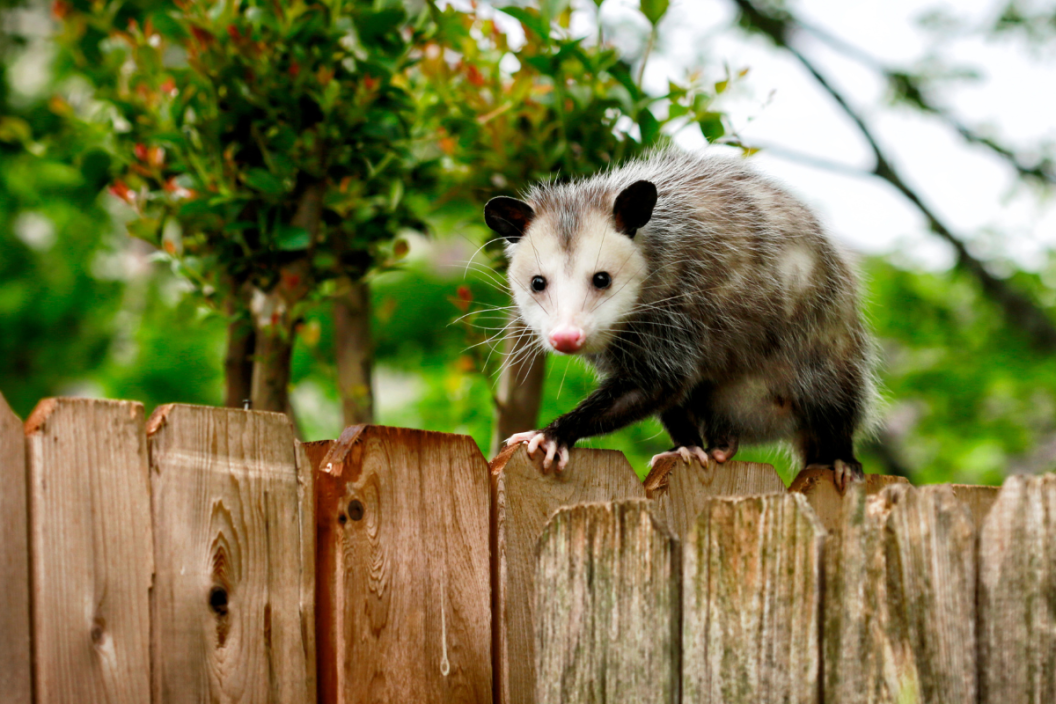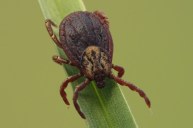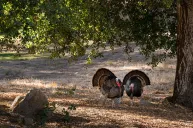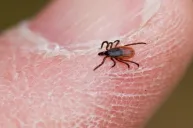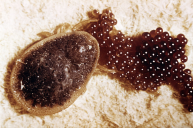Ticks are gross. They offer no benefits and carry an alarming rate of dangerous diseases. We're talking about awful stuff-anaplasmosis, babesiosis, ehrlichiosis, the powassan virus, borrelia, and tularemia. So we should all celebrate the animals that eat ticks.
Once upon a time, wood ticks and Rocky Mountain Fever were the primary tick-related concerns of sportsmen. Those days almost seem like pleasant nostalgia now. These days the woods and brushes all across the Northeast are littered with tiny, almost imperceptible deer ticks. Those little vermin are the disdain of many sportsmen.
Many outdoorsmen take precautions whenever they head into the field. They tuck long pants into boots, spray clothes with Permethrin, wear light colors, and constantly visually check for ticks. And yet, it is still a relief when an after-trip tick check turns up none of the vile disease-transferring nuisances.
The tick population seems to be exploding all across the country. The spread of Lyme disease is growing in the United States despite the warnings and precautions people take. What else can we do to combat the exploding tick problem?
It is time to enlist the help of some animal partners in the battle against ticks. Either directly or indirectly, encouraging tick-eating growth helps reduce the number of ticks spreading across North America.
Ticks have several natural predators, including a few of the most prominent domestic and wild critters that made this list.
Birds That Eat Ticks
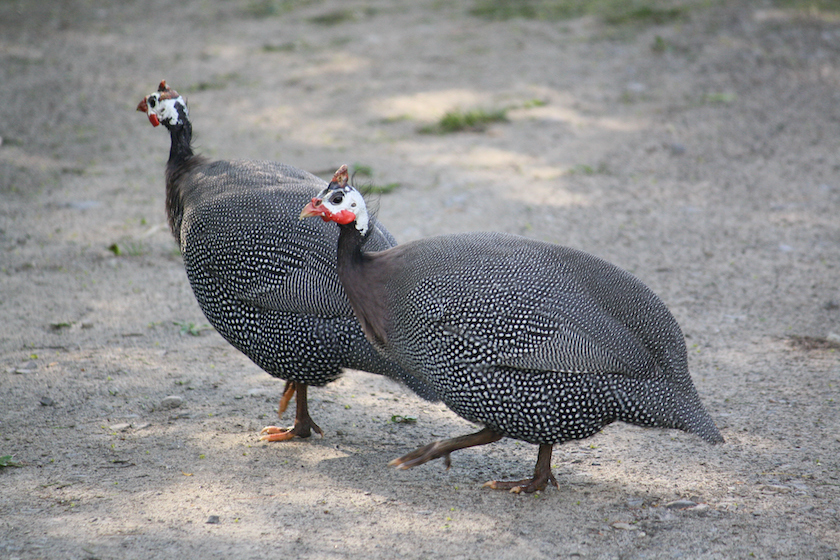
Treena Wood Unedited via Getty Images
Guinea hens, an African native embraced by American farmers, are tick-control machines. Forever wandering and pecking at any tiny insect pest—tick, slug, Japanese beetle, or ant—they will keep any area they patrol insect-free. Of course, they also eat beneficial insects, but that's the price of pest control that eliminates ticks.
Chickens, quail, and ducks eat ticks, although not with the same ferocious enthusiasm as guinea hens. So, build a chicken coop and get a bird that'll destroy any tick it sees. Of course, there is also the benefit of having farm-fresh eggs.
Wild turkeys are another bird species that seriously damage ticks whenever they find them. You can facilitate their growth by participating in Department of Fish and Game projects that enhance turkey habitat and joining organizations such as the National Wild Turkey Federation. This is an excellent group for turkey hunters to join anyway.
The monies that the NWTF brings in facilitate habitat enhancement projects, which help more than just wild turkeys. Many other species of tick-eating wild birds benefit from these projects as well.
Other Animals That Eat Ticks

irin717 via Getty Images
While several small animals will eat ticks when and where they find them, opossums have been getting much attention lately as supreme tick predators.
The problem with many other critters that eat ticks is that they also carry ticks. Squirrels, mice, and other small rodents may dine on insects, including ticks. But they're also tick-spreading machines, so the results are not great for these mammals in the battle against ticks.
But opossums are a completely different story. Possums are, surprisingly, tick-killing experts. Scientists have discovered that possums groom themselves fastidiously, and while grooming, they lick and swallow every tick they find. This is no small thing. Possums pick up a lot of ticks in their travels, so in that sense, they, too, are carriers.
But the difference is that in grooming themselves, upwards of 90 percent of the ticks that attach themselves to a possum wind up in their scat. Possums are such efficient tick predators that they can kill around 5,000 ticks in one season.
If ever there was a mammal that deserves a PR makeover, it's the possum. Often maligned as carriers of rabies, folks destroyed possums whenever they encountered them. If you can somehow encourage the population growth of possums, imagine what devastation they might bring to the local tick population.
More research is needed on these homely marsupials to find ways to enhance their populations. But if you see one on the road, please swerve to avoid hitting it if possible.
Do Frogs & Toads Eat Ticks?
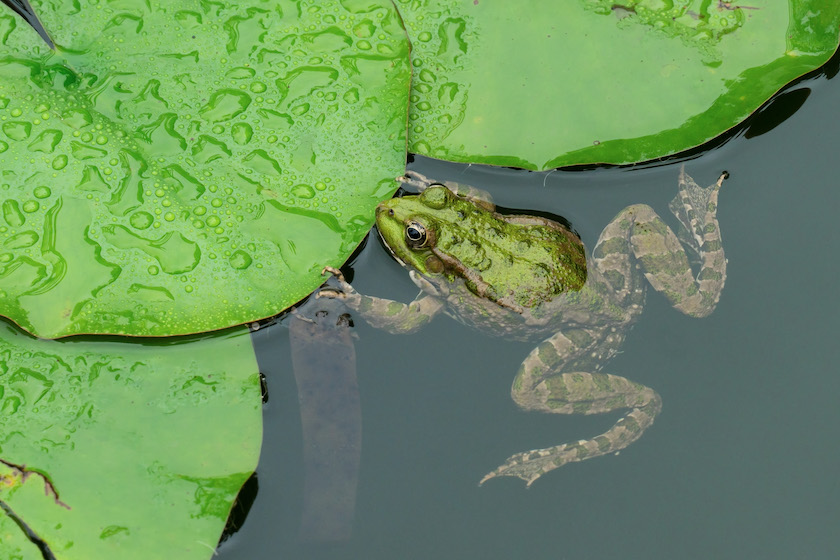
Vladimir Venediktov via Getty Images
Amphibians, such as frogs, toads, and even some lizards (reptiles), are also quite adept at finding and eating ticks.
But, whenever I go fishing on a stream bordered by tall grass (a favorite tick habitat), I'm always grateful when I see frogs at the water's edge. Not only do frogs and toads help with mosquito control, but they'll devour any tick within a sticky tongue's reach.
READ MORE: WHAT TURKEY HUNTING MEANS TO ENVIRONMENTAL CONSERVATION
